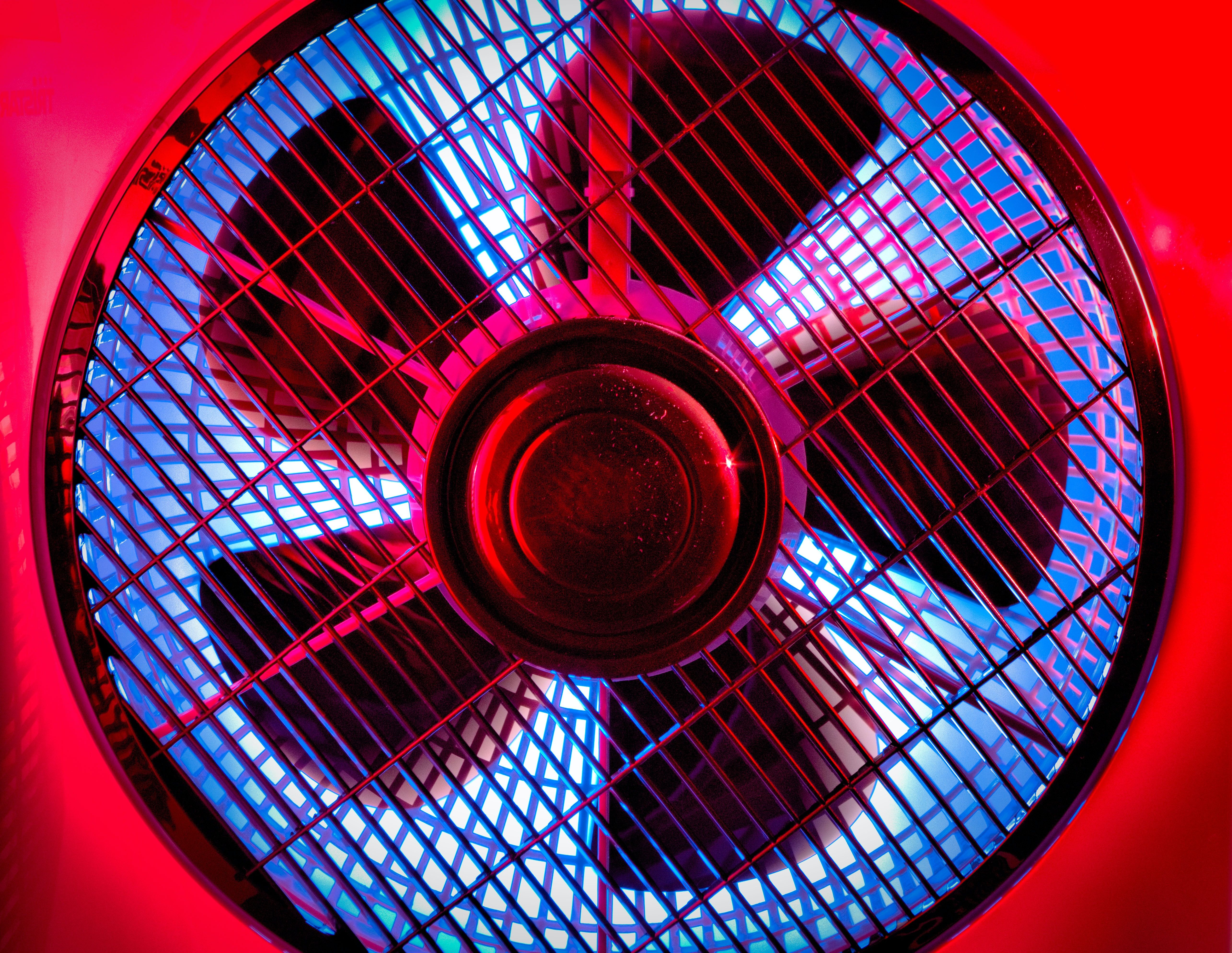

Ella
Changing RealitiesA Hot Topic 🥵
19 Sep, 2023During cold snaps, ‘Cold weather payments’ of £25 per week are issued to those on low incomes, where the temperature falls to below freezing for a set period of time. While these small contributions are gratefully received, and applied automatically to those on certain benefits, it is notable there is no equivalent payment when there is a heatwave.
We must ask ourselves, what happens to the poorest members of the UK during an unexpected heatwave? With temperatures last year reaching a record breaking 40 degrees, and prolonged so-called ‘Indian’ summers now appearing in September, it is more important than ever to protect the most vulnerable – not just in cold weather, but also in extreme heat. Fresh food goes bad much, much quicker in the kitchen, plus the only possible way to keep the house cool is to keep a fan on through the day and night. My daughters’ bedroom reached a whopping 30 degrees at night, (even warmer than the 26 outside) despite the windows being open. We have an insulated, new build home which is great for winter but terrible for summer, the heat traps itself in the house and there isn’t an escape. Those in flats and tower blocks will also suffer, as the heat becomes contained and there is not often enough ventilation to cool them down.
My partner walks to work because we can’t afford a car and neither of us have a driving licence, but the heat made him ill yesterday and he ended up returning home half an hour into his shift. My partner is lucky in the sense he at least has access to air conditioning at work – however, some of the jobs which involve heavy exposure to the sun are undertaken by the poorest in society – builders, moped delivery drivers, landscapers, gardeners – all receive little to no protection from the heat, as their ‘office’ is the great outdoors.
According to the World Meteorological Organisation, the 8 years prior to 2023 were the hottest on record. With climate change a ‘hot’ topic, it is about time we drew attention to the increasing costs associated with warmer weather. For example, this week has been notably expensive for our household. I purchased school uniforms for my daughters which I believed to be appropriate for Autumn (trousers and polo tops), but instead of utilising what we had already bought, we were forced to scramble around to buy overpriced skirts and shorts, which we have only used for two days. The weather has now since transitioned into thundery, stormy skies.
The UK is not a country which commonly uses air conditioning, and this is a privilege only used by big stores and wealthier homes. As the world continues to heat up, perhaps it is time we gave some additional support to those who will suffer the most?